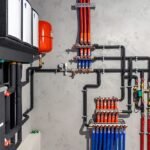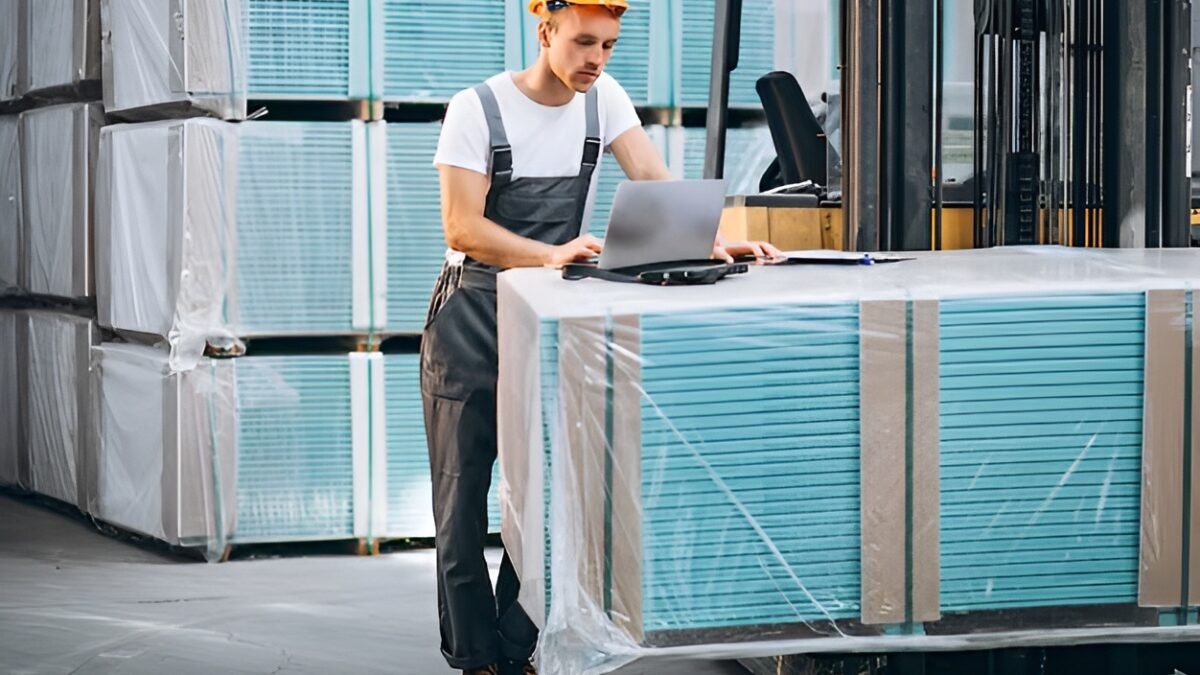
Smart HVAC Innovation Transforms Texas Buildings
December 23, 2024
Heat Pump Technology Advances Texas Energy Future
January 13, 2025
Smart HVAC Innovation Transforms Texas Buildings
December 23, 2024
Heat Pump Technology Advances Texas Energy Future
January 13, 2025- building chiller
- cell site ac
- cell site air conditioning
- chillers HVAC
- commercial heaters for warehouse
- commercial heating units
- commercial heating units Texas
- commercial HVAC Fort Worth
- commercial warehouse heaters
- Dallas ductwork HVAC
- equipment shelter a/c
- geothermal cooling Texas
- geothermal package unit Texas
- HVAC boiler Texas
- industrial boiler system Texas
- packaged rooftop units
- process chillers Texas
- steam boiler
- steam boilers
- steam boilers Dallas
- unit heaters Texas
Environmental responsibility is becoming increasingly important for Texas businesses, and commercial HVAC systems play a crucial role. The transition to sustainable refrigerants represents both a challenge and an opportunity for businesses across Dallas-Fort Worth. Understanding these changes helps you make informed decisions about your HVAC investments that will impact your operations for years to come.
The Evolution of Cooling
Traditional refrigerants have served us well, but their environmental impact can no longer be ignored. For decades, commercial HVAC systems in Texas relied on refrigerants that, while effective at cooling, contributed significantly to environmental concerns. Today, new alternatives offer similar or superior performance with dramatically reduced environmental effects. For DFW businesses, making the switch isn’t just about compliance – it’s about staying ahead of industry changes and protecting long-term investments.
Understanding the Technology
Modern sustainable refrigerants work differently than their predecessors. They achieve excellent cooling performance through advanced molecular design that minimizes global warming potential while maximizing energy efficiency. This technological advancement means businesses don’t have to choose between environmental responsibility and effective cooling – they can have both.
In Dallas’s commercial districts, early adopters of these new refrigerants are already seeing the benefits. Office buildings report improved system efficiency, while industrial facilities note more consistent cooling performance, especially during peak summer demands. These real-world results demonstrate that sustainable solutions can meet the demanding needs of Texas businesses.
Making the Transition
Upgrading to new refrigerants requires careful planning and expertise. Some existing systems can be retrofitted to work with newer refrigerants, while others may require replacement to achieve optimal performance. The key lies in understanding your current system’s capabilities and working with experienced professionals to develop a transition strategy that makes sense for your business.
Fort Worth manufacturing facilities have found success with phased approaches to refrigerant transition. By upgrading systems strategically during planned maintenance periods, they minimize disruption while spreading costs over time. This approach allows businesses to manage the transition while maintaining operational continuity.
Performance and Efficiency Gains
Modern refrigerants often deliver unexpected benefits beyond environmental impact. Many DFW businesses discover that these new solutions actually improve system efficiency, creating a win-win situation for both operations and sustainability. Improved heat transfer characteristics and reduced system pressure requirements can lead to lower energy consumption and reduced wear on system components.
Cost Considerations
While sustainable refrigerants may have higher initial costs, the total cost of ownership often proves favorable. Enhanced system efficiency, reduced maintenance requirements, and longer equipment life can offset the initial investment. Additionally, as production scales up and more options enter the market, costs continue to become more competitive.
Regulatory Landscape
Understanding current and upcoming regulations helps businesses make informed decisions about refrigerant choices. While Texas maintains its own regulatory framework, federal guidelines and international agreements also influence refrigerant options. Working with knowledgeable HVAC professionals helps ensure your choices align with all applicable requirements.
Training and Maintenance
Transitioning to sustainable refrigerants requires updated maintenance protocols and technician training. Professional HVAC services with experience in new refrigerant technologies ensure proper handling, maintenance, and system optimization. This expertise becomes particularly crucial during the transition period when businesses may be operating systems with different refrigerant types.
Future-Proofing Your Investment
As environmental regulations continue to evolve, choosing the right refrigerant becomes increasingly important. Forward-thinking businesses in Plano and Richardson are already looking beyond current requirements to ensure their HVAC investments remain viable for years to come. This strategic approach helps avoid costly retrofits or replacements as standards become more stringent.
System Design Considerations
New refrigerants often enable innovative system designs that weren’t possible with traditional options. From improved heat exchanger configurations to more efficient compression cycles, these advancements help maximize system performance while minimizing environmental impact.
Implementation Strategy
Successful transition to sustainable refrigerants requires a comprehensive strategy that considers all aspects of your operation. Understanding your cooling needs, evaluating system conditions, and planning for future requirements ensures a smooth transition that delivers lasting benefits.
Partner with Experts
The complexity of modern refrigeration systems demands professional expertise. Working with experienced HVAC contractors ensures proper system design, installation, and maintenance. This partnership becomes particularly valuable when navigating the transition to sustainable refrigerants.
Ready to explore sustainable refrigerant options? Contact BIMS at (833) 879-2467 to discuss environmentally responsible solutions for your commercial HVAC system. Our team understands both the technical and regulatory aspects of refrigerant transition, ensuring your business makes choices that deliver long-term value while meeting environmental responsibilities.




